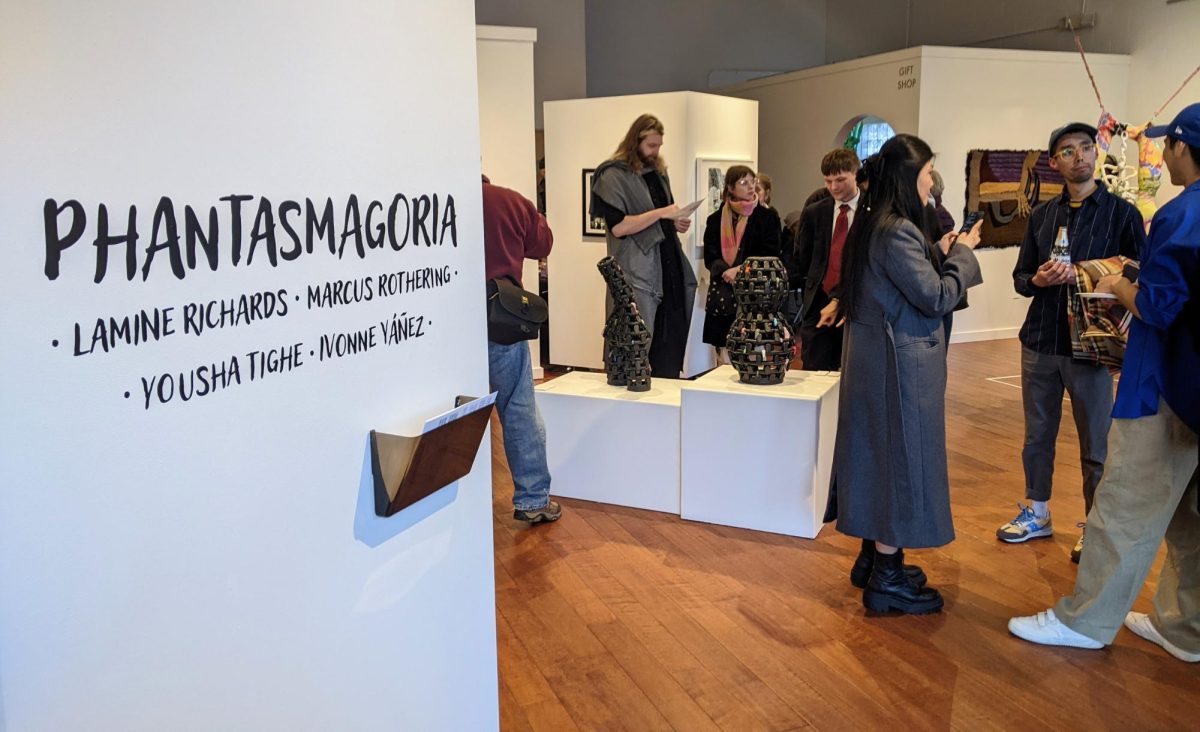.It used to be clear that Low was a lamb – soft and gentle. Gradually over the years, though, Low has morphed into a lion. A lion with too big a heart to eat its prey, but a lion nonetheless.
From the Duluth, Minn., band’s timid first record, “I Could Live in Hope,” to its latest mighty release, “The Great Destroyer,” not only have Low’s album titles strengthened, but so has its sound.
Low’s signature style has always been slowcore. Deep bass hums and a trudging rhythm pace required Low listeners to be patient. And those who waited were rewarded with stunning harmonies from the husband-wife singing duo of Alan Sparhawk and Mimi Parker. Low’s songs were sparse and slow, yet they carried a simple elegance.
On the group’s record “Trust,” which came out in 2002, the second track, “Canada,” hinted that even the band members themselves were getting antsy. They wanted to rock.
“Canada” blew out amps with furious fuzzed guitars, but the rest of “Trust” fell back into the expected Low routine.
“The Great Destroyer” does just the opposite of “Trust.” The new album features more of the rock and less of Low’s standard quiet hymns.
Producer Dave Fridmann (known for producing the Flaming Lips), makes the band’s gritty and distorted thumps glisten with his psych-tinged production. Several songs on “The Great Destroyer” actually sound quite similar to the last two Sonic Youth albums, especially when Sparhawk’s guitar wanders into high, screeching solos.
“Monkey,” the first song on the record, starts the album off with its best song. A hazy drone that sounds like a muffled trumpet from a scratchy record settles at the bottom of the song, while Parker and Sparhawk hypnotically sing in long trancelike notes, “Tonight you will be mine.”
But even with these changes, Low still sounds comfortingly familiar. Despite the group’s adventure into more loud and experimental guitars and production, “The Great Destroyer” remains distinctly Low. Thanks to Parker and Sparhawk’s vocals, which hold the notes slightly longer than they should, Low fans should not be too alienated.
The group might now roar like a lion, but it still acts like a lamb.







